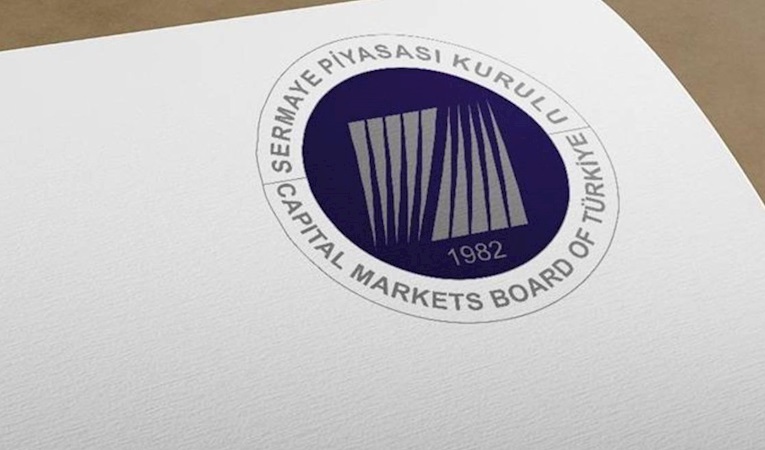
-
BIST 100
 11341,90%0,06En Düşük11291,08En Yüksek11354,26
11341,90%0,06En Düşük11291,08En Yüksek11354,26 -
DOLAR
 42,78%0,12Alış42,7554Satış42,8038En Yüksek42,8350
42,78%0,12Alış42,7554Satış42,8038En Yüksek42,8350 -
EURO
 50,12%-0,15Alış50,0692Satış50,1727En Yüksek50,2967
50,12%-0,15Alış50,0692Satış50,1727En Yüksek50,2967 -
EUR/USD
 1,17%-0,12Alış1,1708Satış1,1709En Yüksek1,1739
1,17%-0,12Alış1,1708Satış1,1709En Yüksek1,1739 -
ALTIN
 5967,26%0,21Alış5963,89Satış5970,64En Yüksek5994,10
5967,26%0,21Alış5963,89Satış5970,64En Yüksek5994,10
-
BIST 100
 11341,90%0,06En Düşük11291,08En Yüksek11354,26
11341,90%0,06En Düşük11291,08En Yüksek11354,26 -
DOLAR
 42,78%0,12Alış42,7554Satış42,8038En Yüksek42,8350
42,78%0,12Alış42,7554Satış42,8038En Yüksek42,8350 -
EURO
 50,12%-0,15Alış50,0692Satış50,1727En Yüksek50,2967
50,12%-0,15Alış50,0692Satış50,1727En Yüksek50,2967 -
EUR/USD
 1,17%-0,12Alış1,1708Satış1,1709En Yüksek1,1739
1,17%-0,12Alış1,1708Satış1,1709En Yüksek1,1739 -
ALTIN
 5967,26%0,21Alış5963,89Satış5970,64En Yüksek5994,10
5967,26%0,21Alış5963,89Satış5970,64En Yüksek5994,10
- Anasayfa
- Haberler
- Tüm Haberler
- Companies without factories
Companies without factories
Capital studied the advantages and disadvantages of a company not having any factories.
1.09.2011 00:00:000


There are hundreds of companies without factories all over the world. Turkish companies are following the global trend initiated by world giants such as Nike and Apple. They also include those who have closed down their own factories and shifted to this production model. Many Turkish brands, such as Koton, Arzum, Kiğılı, Emsan, Blue House, Homend and Twigy, have outsourced all of their production to subcontractors in Turkey or abroad.
WHY DID THEY STOP PRODUCING?
In recent years we have seen that companies in Turkey, particularly in clothing, small household appliances and the electronics sector, have been abandoning their factories and outsourcing their production. Every story of a company without factories is different. For example, Koton is one of the most important representatives of this model. Koton Board Chair Yılmaz Yılmaz says: "We shifted to factoryless production at the moment that our production capacity could no longer meet our developing retail operations." Adil Işık Board Vice Chair and Design Director Zehra Işık says the following: "When our company was established, all of the firms in the Turkish clothing sector were producing in their own factories. We studied the organizational structures of international brands. We saw that what they focused on was brand management, design, marketing and sales main processes. We opted for this model." The Tarman Group, whose Blue House brand has made it one of the most important players in small household appliances, also has no factories. Blue House Deputy General Manager Mete M. Gedikoğlu says that they shifted to this production model in 2006 and adds: "We chose this path in order both to reduce the procurement period and to be able to make the best use of any surplus customer cheques we were holding."
Click image to see the table

COSTS FELL, PROFITS ROSE
One of the most important reasons for companies closing down their factories and transferring production to others is the desire to avoid high costs. Dr. Cüneyt Evirgen from Sabancı University says that the most important reason is the cost advantage. Evirgen continues as follows: "This method enables companies to avoid fixed investment costs, amortization, general outgoings and human resources costs. Production losses do not appear as costs. They acquire different tax advantages which vary according to where the production takes place." Kiğılı CEO Hilal Suerdem lists the advantages of having no factories as follows: "Personnel costs and some general expenditure items are completely removed. It becomes easier to determine profitability. This secures an advantage of 30 percent."~
FAST, FLEXIBLE AND FOCUSED
Another important reason for companies abandoning production is that this method enables them to operate more quickly and more flexibly. Production for Arzum, which is one of the most important brands in small household appliances, is carried out at 12 factories inside Turkey and 58 factories abroad. Arzum General Manager Murat Kolbaşı says that working with different factories enables them to produce products more quickly for the market. He adds: "We have the chance to see and use different technologies. It is quicker for us to take a decision to get out of a product for which there is no demand on the market. This method of working has enabled us to increase our investments in R & D and to begin to develop our design products." Konyalı Saat uses different manufacturers in different countries to produce its own Nacar brand Nacar. Konyalı Saat CEO İrfan Nalçacı says that this method has provided them with the opportunity to access more models. In addition, he says: "It has given us competitive purchasing possibilities. We can procure products very quickly this way. We are protected against factory and production costs."
A WORLD TOUR FOR A FACTORY
This model has resulted in the bosses of companies without factories now touring the world with their bags in their hands. There are those who spend half of the year travelling. Their aim is to find producers and to follow sectoral trends at all the global fairs. The Indeks Group has its Homend small household appliances brand. Its general manager Hakan Koçr says that they are continually travelling and that, for this reason, they have based all of their systems on the flow of information through mobile internet communications. All the businesspeople agree that most the attractive country to produce is China. Kiğılı CEO Hilal Suerdem also lists Turkey, Italy, Vietnam and Bangladesh as being amongst the attractive countries. Silk & Cashmere General Manager Ayşen Zamanpur says that they have found the most proficient factory in each area and adds: "We have been there for 20 years. We have different teams who are continually travelling. We work with whichever producer offers the most suitable combination of quality-price-delivery-communications. We know China and Mongolia like the back of our hand."
Türkiye ve dünya ekonomisine yön veren gelişmeleri yorulmadan takip edebilmek için her yeni güne haber bültenimiz “Sabah Kahvesi” ile başlamak ister misiniz?






